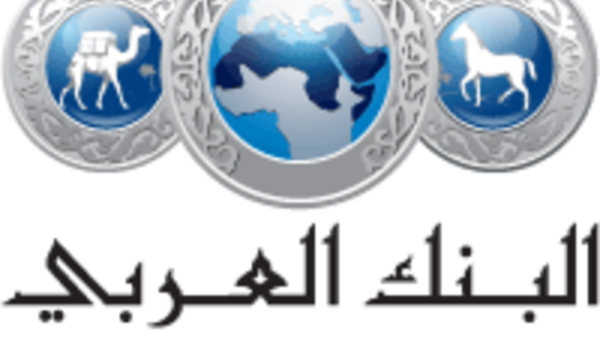Arab Bank Group posts its financial results for the year ended 31/12/2010

According to Arab Bank Group's financial statements for the year ended 31/12/2010, Arab Bank Group’s net pretax and after provisions income amounted to $486.8 million during the year 2010, while operational revenues amounted to $1,764.7 million compared with $1,774.2 million for the year ended 31 December 2009.
Net interest income amounted to $ 1,020.8 million and forming 58% of total revenues, whilst commission income have increased by $37.9 million to reach $ 320.6 million for the year ended 31/12/2010 as compared to $ 282.6 million at the end of 2009 and forming 18% of total revenues. Gains from financial assets amounts to $ 58.8 million compared to $ 21.9 million in 2009, whilst provision for doubtful loans amounted to $473 million as compared to $204 million at the end of 2009. Income from associated companies has decreased by $52 million to reach $ 239.2 million as compared to $ 291.2 million for the year ended 31/12/2009.
On the other hand, total assets reached $51.1 billion, compared with $50.5 billion at the end of 2009, meanwhile, customer deposits accounted for 70% of the Bank’s total sources of funds to reach $35.7 billion, compared with $34.9 billion at the end of 2009. In addition, total banks deposits amounted to $5.8 billion compared with $6.3 billion at the end of 2009. Credit facilities grew by $464 million to reach $ 22.5 billion compared with $ 22 billion at the end of 2009 and forming 44% of total assets, whilst investment portfolio amounted to $ 8 billion at the end of 2010 and forming 16% of total assets.
Shareholders’ equity stood at $ 8.3 billion, whilst total capital adequacy ratio is at 15.1% exceeding the requirements of both Basel II of 8% and the Central Bank of Jordan of 12%. Further, liquidity ratio as represented by cash and quasi cash reached 49%, whilst loans to deposits ratio stood at 63%.
Mr. Abdel Hamid Shoman, Executive Chairman of Arab Bank said that the net income before tax generated by Arab Bank in Jordan during the year 2010 has grown by 9% over the previous year, indicating that the net operating income of Arab Bank Group has grown by 3% during the same period, after excluding the Bank's share of profits from affiliate companies. Whereas the Group’s profits decreased by 46% as a result of lower profitability by a number of subsidiaries and affiliates which operate across many different markets that were subject to the global financial crisis, which has led to higher provisions booked against non performing and watch list loans.
Mr. Shoman said that the decision to take these provisions for more than the minimum required by regulatory authorities is a strategic move aimed at maintaining the quality of the Bank’s credit portfolio and to provide for the credit facilities of clients that were affected unfavorably by the economic conditions experienced by most countries across the world. This move also aims to strengthen the Bank's ability to cope with any future volatility that may arise, stressing that those provisions are not considered total losses, and can be returned to income in the event of collection or liquidation of collaterals taken against them.
Mr. Shoman added that this strategy has gained wide acceptance with the international rating agencies. This move is also consistent with the Bank’s strategy and conservative policy and is a continuation of the Bank’s historical policy which is based on being sufficiently prepared to withstand any volatility or adverse economic conditions. This strategy has enabled the Bank to maintain its high credit ratings as confirmed by the international credit rating agency, Standard & Poor's, awarding Arab Bank Group with an A- rating and a Stable Outlook.
Meanwhile, the Board of Directors of Arab Bank recommended to the General Assembly which will meet on Wednesday, 30 March 2011, the distribution of cash dividends to shareholders at 20% of the nominal value of shares, or the equivalent of 106.8 million Jordanian dinars.
Background Information
Arab Bank
Arab Bank headquartered in Amman, Jordan has one of the largest global Arab banking networks with over 600 branches spanning five continents. Arab Bank provides a wide range of financial products and services for individuals, corporations and other financial institutions. The Bank’s products and services cover Consumer Banking, Corporate and Institutional Banking and Treasury services. Arab Bank’s extensive network covers key financial markets and centers such as London, Dubai, Singapore, Geneva, Paris, Frankfurt, Sydney and Bahrain. Arab Bank has the following sister company, subsidiaries and affiliates companies:






